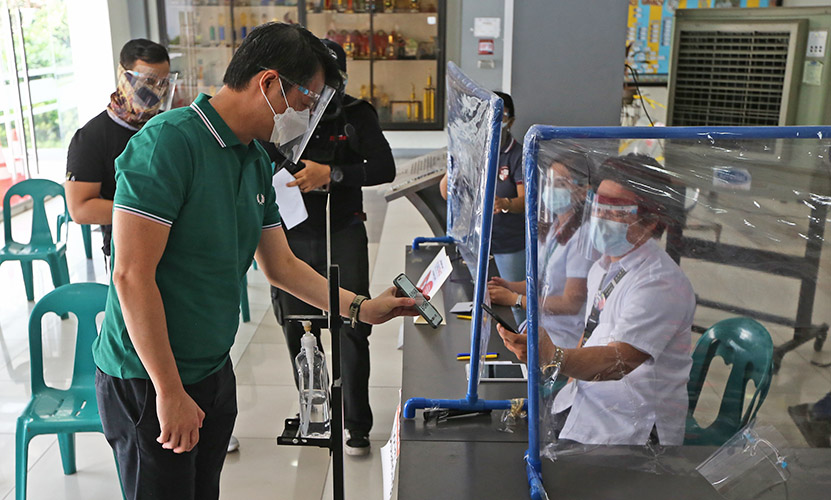Efforts to safely reopen schools for the resumption of limited face-to-face classes would be undermined if contact tracing woes are not immediately resolved, Senator Win Gatchalian flagged.

The lawmaker pointed out that based on recommendations by the United Nations Children’s Fund (UNICEF), local government units (LGUs) should have an active surveillance or contact tracing system before the resumption of face-to-face classes and that physical classes should be limited only in areas with less than five percent positivity rates and less than 10 COVID-19 cases per 100,000 population in the past seven days.
Gatchalian has earlier urged the Inter-Agency Task Force for the Management of Emerging Infectious Diseases (IATF) to consider implementing a unified contact tracing system.
While Malacañang announced that it’s “all systems go” for the rollout of StaySafe.ph, contact tracing czar Benjamin Magalong revealed in a public briefing that the government’s official contact tracing application was rejected by the Department of Health (DOH) and remains under study by the Department of Interior and Local Government (DILG), calling the country’s contact tracing as the weakest link in the country’s COVID-19 response.
“Mahigit isang taon na simula noong tumama ang pandemya sa atin ngunit patuloy pa rin ang mga isyung kinakaharap natin sa contact tracing. Paano natin matitiyak ang kaligtasan ng mga guro at mga mag-aaral kung hindi sapat ang ating sistema para matukoy kung sino ang mga nanganganib na magkasakit,” said the Chairman of the Senate Committee on Basic Education, Arts and Culture.
Adopted Resolution No. 92, which Gatchalian sponsored and the Senate adopted last March, seeks to give the Provincial, City, and Municipal School Boards the task of assessing whether to reopen, adopt selective school or localized lockdowns, and resume face-to-face classes in their localities. The resolution recommended pilot tests of limited face-to-face classes in low-risk areas.
Education Secretary Leonor Briones has earlier revealed that they already selected 1,900 out of the 47,000 schools in the entire country for the gradual implementation of face-to-face classes, taking into consideration the schools in the Davao region given the downtrend of COVID-19 cases in the entire region, especially in Davao City.


